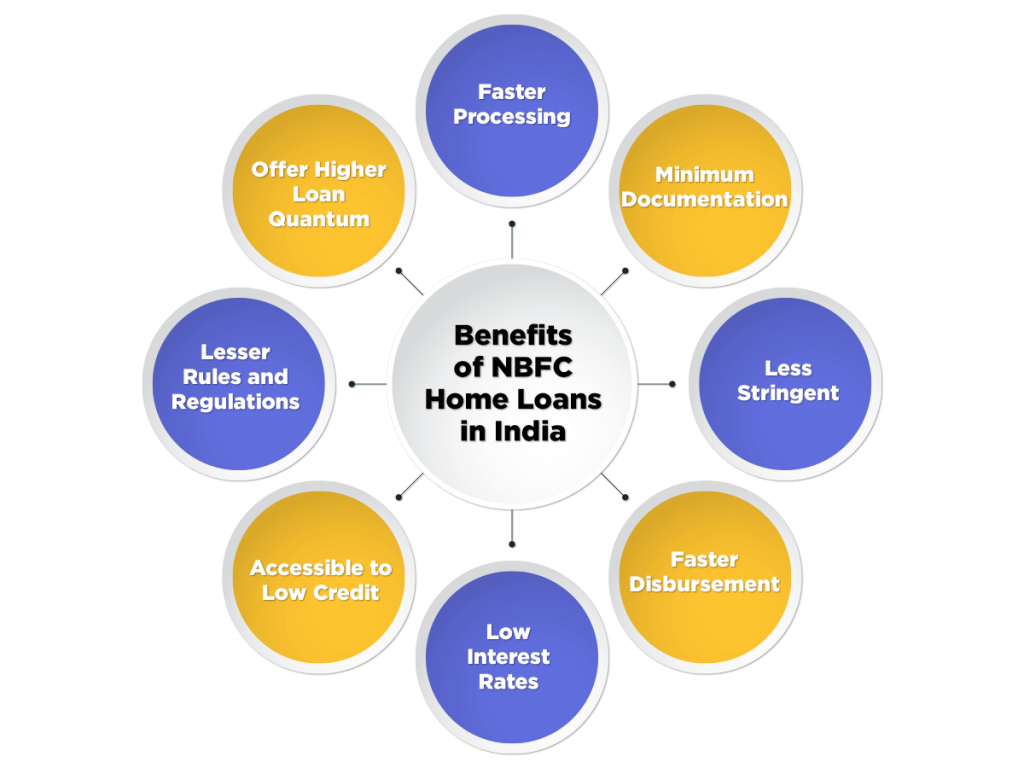Table of Content
- Can I Withdraw Funds Without Penalty if I Roll 401(k) Funds Into a Roth IRA?
- Rules For Withdrawing From Your Retirement Fund for a First-Time Home Purchase
- Who Qualifies for the IRA Exception?
- IRAs
- Withdrawing From A Roth IRA: How It Works, Tax And Penalty Exemptions And Drawbacks
- When You Should Not Buy a Home With a Roth IRA
First of all, if you make a tax-deductible contribution to a traditional individual retirement account, or IRA, you will be taxed later on, when you take out distributions. One of the benefits of these accounts is that the account grows “tax-free” until the funds are distributed. In most cases, you can’t withdraw money from your tax-advantaged retirement accounts without penalty until you turn age 59 ½. A Roth IRA is a special individual retirement account in which you pay taxes on contributions, and then all future withdrawals are tax-free. This doesn't mean using your IRA to buy a home is a good idea, though.
The financial experts we spoke with recommend leaving those funds where they are and looking for alternatives. Such is the case when it comes to using an IRA to help pay for buying a home, according to financial experts. However, he said that he has recommended this strategy to young workers who also are saving for retirement through a 401 plan at work.
Can I Withdraw Funds Without Penalty if I Roll 401(k) Funds Into a Roth IRA?
Taxpayers should seek professional advice based on their particular circumstances. Our mission is to provide readers with accurate and unbiased information, and we have editorial standards in place to ensure that happens. Our editors and reporters thoroughly fact-check editorial content to ensure the information you’re reading is accurate. We maintain a firewall between our advertisers and our editorial team. Our editorial team does not receive direct compensation from our advertisers.

The process typically involves setting up what is called a "self-directed IRA," which is used to invest in real estate. The IRS has strict rules about the types of investments that are allowable, and it is important to consult with a financial adviser before pursuing that option. Information provided on Forbes Advisor is for educational purposes only. Your financial situation is unique and the products and services we review may not be right for your circumstances. We do not offer financial advice, advisory or brokerage services, nor do we recommend or advise individuals or to buy or sell particular stocks or securities. Performance information may have changed since the time of publication.
Rules For Withdrawing From Your Retirement Fund for a First-Time Home Purchase
Be aware that traditional IRAs also come with the penalty-free exclusion for qualified home purchases. However, the $10,000 limit is applied to the entire withdrawal, said certified financial planner and CPA Jeffrey Levine, chief planning officer Buckingham Wealth Partners in Long Island, New York. For qualified first-time home purchases, that 10% penalty is waived.

The right option for you depends on the type of IRA you have and what you plan to use the home for. Before using your IRA to buy a home, consider what other alternatives are available, including taking more time to save up or using a smaller down payment. Sign Up NowGet this delivered to your inbox, and more info about our products and services. "But if their only retirement savings is the Roth and they're, say, in their 40s, I probably wouldn't," he said. "These accounts are designed to help people accumulate as much money as possible for retirement," said CFP Shon Anderson, president of Anderson Financial Strategies in Dayton, Ohio. Based in the Kansas City area, Mike specializes in personal finance and business topics.
Who Qualifies for the IRA Exception?
However, the SECURE Act abolished the stretch IRA for most beneficiaries. Now, inherited IRA balances generally must be depleted within 10 years. The SECURE Act abolished the stretch IRA for most beneficiaries, and now the entire balance of the account must be distributed within 10 years of the original owner’s death.

Money must be used within 120 days for the purchase and it must go directly toward the cost of the home, or you may end up owing taxes and penalties, says Roberge. Withdrawals from a Roth IRA, on the other hand, are tax and penalty-free as long as you first funded the account at least five years ago. But just because you can withdraw from your Roth IRA to finance your first home purchase doesn’t mean you should. Yarilet Perez is an experienced multimedia journalist and fact-checker with a Master of Science in Journalism. She has worked in multiple cities covering breaking news, politics, education, and more.
Profit-sharing, money purchase, 401, 403 and 457 plans may offer loans. To determine if a plan offers loans, check with the plan sponsor or the Summary Plan Description. But early withdrawals from accounts like your traditional 401 or individual retirement account still raise your tax bill. While you’re off the hook for the 10% early withdrawal penalty, you’ll still owe income tax on everything you withdraw.

Because your contributions were taxed, qualified withdrawals from these accounts are tax-free in this exception. If you’re younger than 59 ½, pulling money out of an IRA often comes with a 10% tax penalty. This loophole might make it tempting to use retirement funds to finance a down payment or other upfront mortgage costs. In a nutshell, up to $10,000 in Roth IRA earnings can be withdrawn — free of both taxes and penalty — for a home purchase if you meet certain requirements. That's in addition to being allowed to withdraw your direct contributions at any time, because you already paid taxes on that money.
Because IRAs are individual retirement accounts, your spouse can also withdraw up to $10,000 from an IRA. Internal Revenue Service code specifically prohibits you from borrowing money from an IRA account. If you borrow from your IRA, any amount that you borrow is treated as a distribution, or withdrawal.
The simple answer to your rather complex question is no, you will not be able to take the $10,000 out of the IRA tax-free when you are ready to make your first-time home purchase. IRS rules dictate what you can do with IRAs, and those rules allow only distributions from IRAs. They involve removing funds from a retirement account without putting them back quickly or moving them directly into another retirement account. While you may be tempted to borrow from your IRA, it's not actually possible to get an IRA loan. However, it may be possible to borrow from other types of retirement accounts, such as 401s. You should also aim to keep up with contributions to your other retirement accounts.
The IRS defines first-time purchase as buying a home when you have not had an ownership interest in your primary residence for the last two years. You can withdraw up to $10,000 over your lifetime from a traditional IRA to purchase a home, without penalty. However, you need to pay the taxes on this money as regular income. Before you tap into retirement savings, consider all your options to determine which is right for you. For example, you may want want to use funds from another account like an individual retirement account or delay homebuying until you can save up the cash you need.

No comments:
Post a Comment